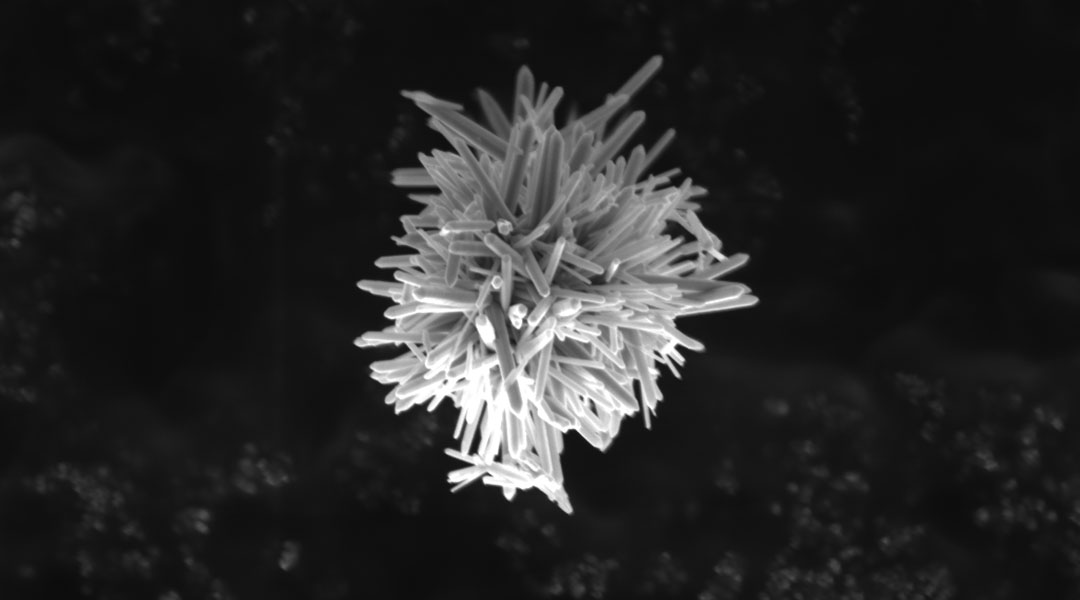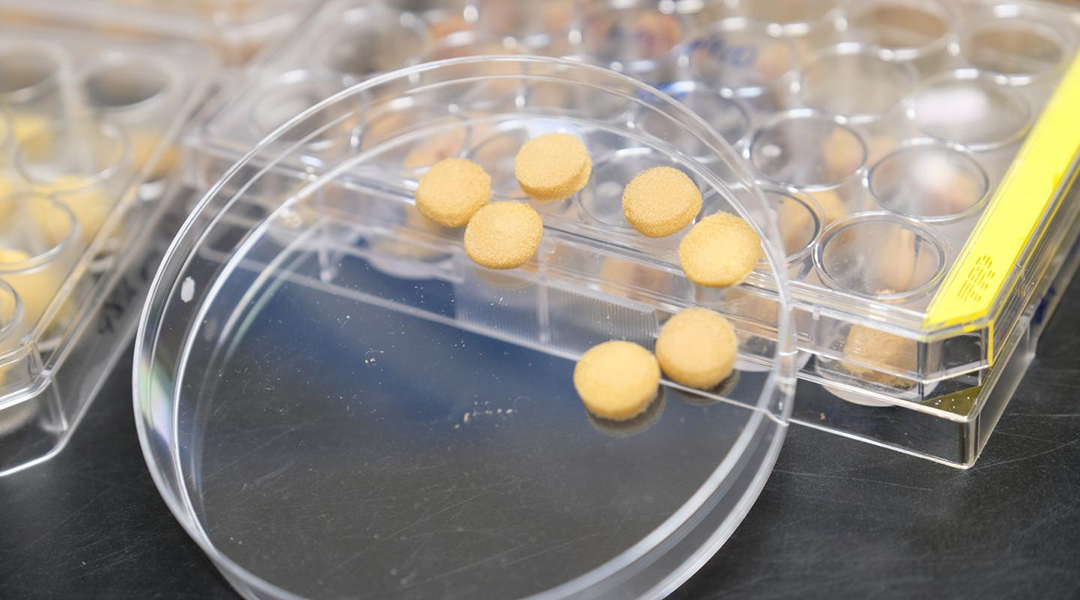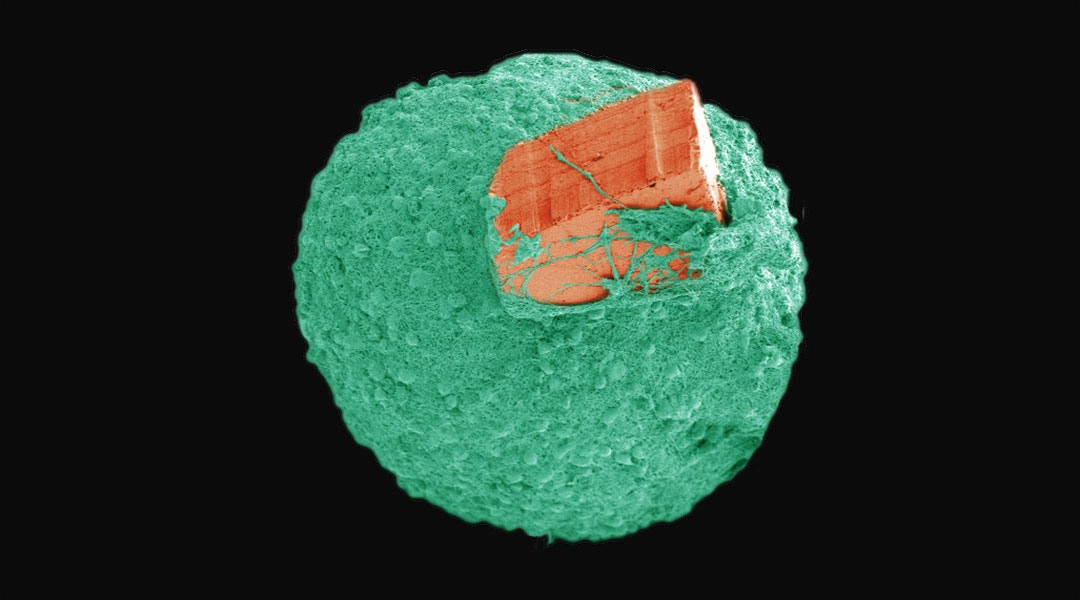Bacteria-killing micromotors, microscopic patchworks, and DNA fibers decorated with self-made “smileys” — science has never looked better.


Bacteria-killing micromotors, microscopic patchworks, and DNA fibers decorated with self-made “smileys” — science has never looked better.

Operating at the intersection of technology and biology, Neri Oxman is calling for a fundamental shift in the way we design and construct the built environment.

Researchers demonstrate the controlled growth of artificial synapses, paving the way for computers that can grow, evolve, and adapt like the human brain.

Seven emerging technologies that could help to mitigate the most devastating effects of climate change.

This pollen sponge can absorb oil contaminants, such as gasoline and motor oil, at a rate comparable to commercial oil absorbents

Pre-folded bioadhesive patches could be the future for sealing wounds after keyhole surgery.

Light provides freedom to control each layer and improves precision and speed.

Thanks to ultra-thin sensors and artificial muscles, future flexible microelectronics will be able to take on complex shapes to better interface with delicate biological tissues without causing damage.

From Trojan horses that help sneak therapeutics past the blood–brain barrier to advanced brain models built on microchips, we celebrate innovative science in breathtaking images.

Bacteria controlled by magnets could one day deliver medicine directly to the cells that need it.